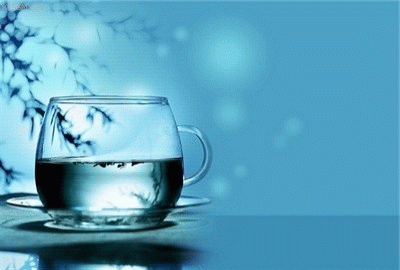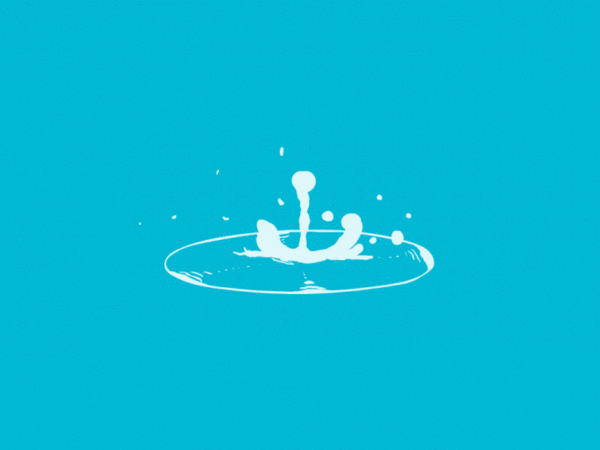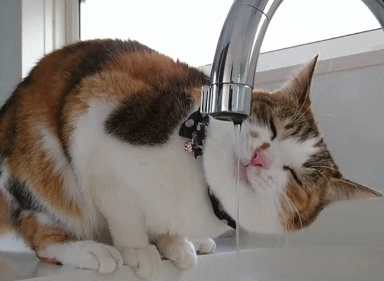
If there is no bottled water, we sometimes have to bring a kettle or a thermos when we go out.
Counting from the sale of a bottle of natural mineral water by the Duke of Savoie in 1826, the convenient and fast bottled water has been 194 years old.

In the eyes of many people, bottled water is clean and hygienic, and it is better to drink than tap water. In terms of health and nutrition, is bottled water really better than tap water? Now we compare the nutrition of different waters and teach you to drink water scientifically.
There are many invisible “nutritions” in the water
Drinking water is transparent, but it contains many nutrients invisible to the naked eye.

In addition to calcium and magnesium, the mineral elements contained in water also include essential elements such as sodium, potassium, chlorine, iron, zinc, copper, chromium, iodine, cobalt, molybdenum, and selenium.
There are more than 40 kinds of nutrients to maintain human health, mainly from various foods eaten daily. The mineral elements provided by drinking water contribute 1% to 20% of the overall dietary intake.
✔For calcium and magnesium, drinking water can provide up to 20% of the total daily intake required;
✔For most other elements, drinking water contributes less than 5% of the total intake.
Nutrition PK of mineral water, purified water and tap water
The water we usually drink is mainly tap water (boiled water), barreled water, bottled water, etc. What is the difference in the nutrition of these waters?

Tap water
The boiled tap water is the most economical and most affordable drinking water that meets the needs of the human body. It contains an appropriate amount of minerals and is the most economical and healthy drink.
Bottled water/barreled water
Packaged drinking water can be divided into four categories: natural mineral water, natural water, purified water and mineral water.
Natural mineral water
There is only a list of ingredients on the packaging of natural mineral water. This kind of water is stricter to the water source and related standards. It is directly taken from natural or artificially drilled groundwater and contains more mineral salts and special chemical components.
Drinking natural water
The water source comes from wells, mountain springs, reservoirs, lakes or alpine glaciers, etc., except for limited treatment (such as filtration, disinfection lamps) and does not change. It not only removes very few impurities and harmful substances in the raw water, but also preserves the nutrients in the raw water and minerals and trace elements that are beneficial to the human body.
Purified water and distilled water, while removing harmful substances in the water, also remove essential minerals and trace elements, so they do not contain minerals.
Mineral water
Mineral water is water based on pure water and reasonably added with mineral elements such as magnesium, potassium, sulfur, and chlorine according to the needs of the human body.
Daily drinking water is preferably “boiled water”, “mineral water” and “natural water”. When traveling or when other sources of drinking water are lacking, purified water and mineral water can be used as alternatives to supplement body moisture.
Experts are most afraid of you drinking this kind of water for a long time
Many people worry that the tap water is polluted, or think it has too much scale, they will increase the installation of drinking fountains, water purifiers, and deep treatment or even thorough treatment of the tap water.
In fact, the scale formed after the tap water is boiled is the calcium and magnesium ions in the water that are heated to form calcium bicarbonate, which is harmless to the human body. Filtered water has no scale, but it also loses access to minerals from drinking water.

In 2003, before the World Health Organization revised the fourth edition of the “Guidelines for Drinking Water Quality”, experts in nutrition and medicine from all over the world were organized to conduct in-depth discussions on nutritional issues in drinking water, focusing on long-term drinking. The potential impact of man-made” or “modified” (added/demineralized) water on human health.
There are health risks
Minerals in water can supplement the intake of dietary mineral elements partially, especially calcium and magnesium, and have a certain protective effect on human cardiovascular health. Removing minerals in water may have certain health risks.
Lost “protection” function
Wang Junnan, a member of the World Health Organization Water Quality Guidelines Expert Group and a professor at the National University of Singapore, said that drinking purified water for a long time is related to the occurrence of cardiovascular diseases and cancer. Studies in India and Taiwan have also shown that frequent drinking water with higher hardness conducive to reducing the occurrence of the above diseases.
Cause secondary pollution
In many communities, the direct water dispenser is not cleaned thoroughly and the filter element is not replaced in time, resulting in a lot of bacteria and dirt remaining inside, which will cause secondary pollution to drinking water, which is not good for health.
In short, plain water is the best drink.

Comments